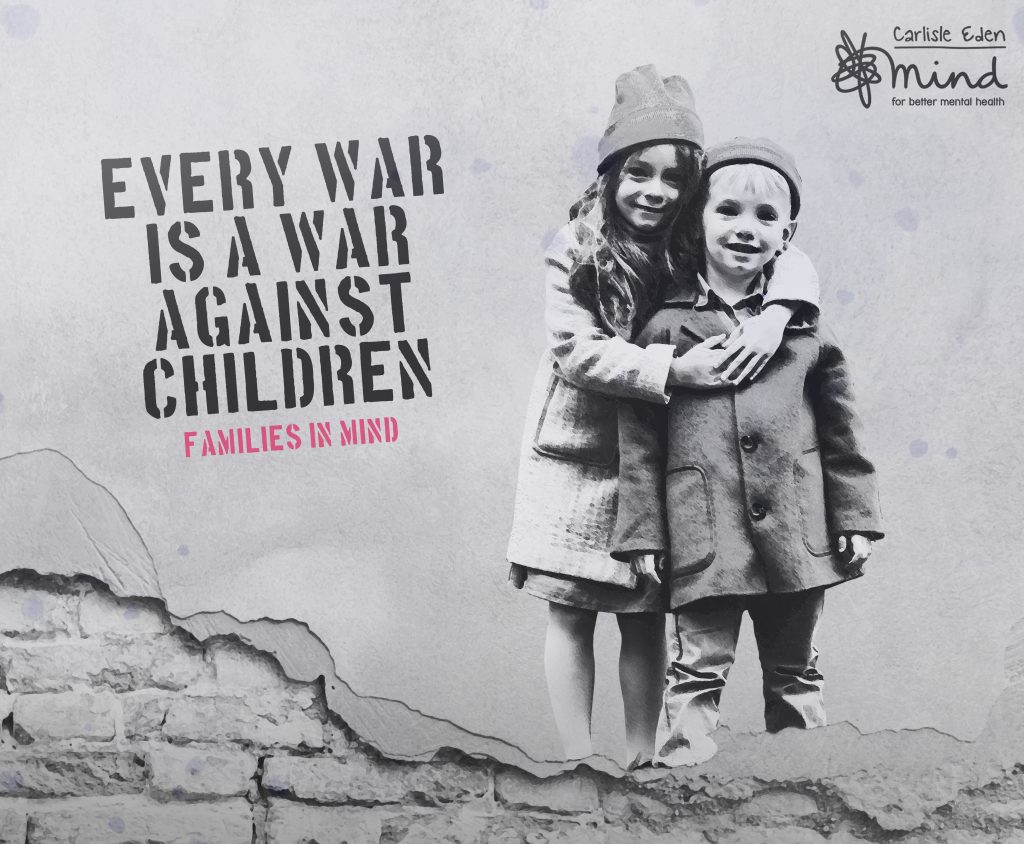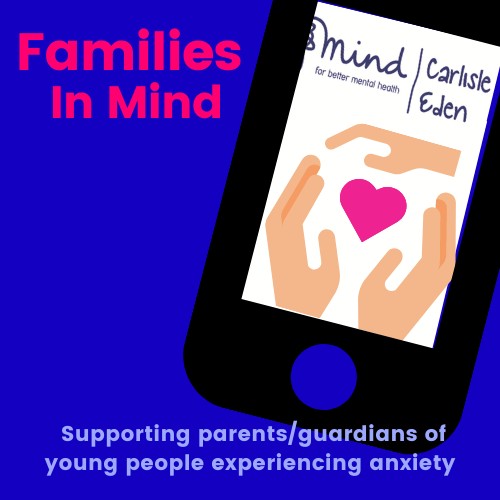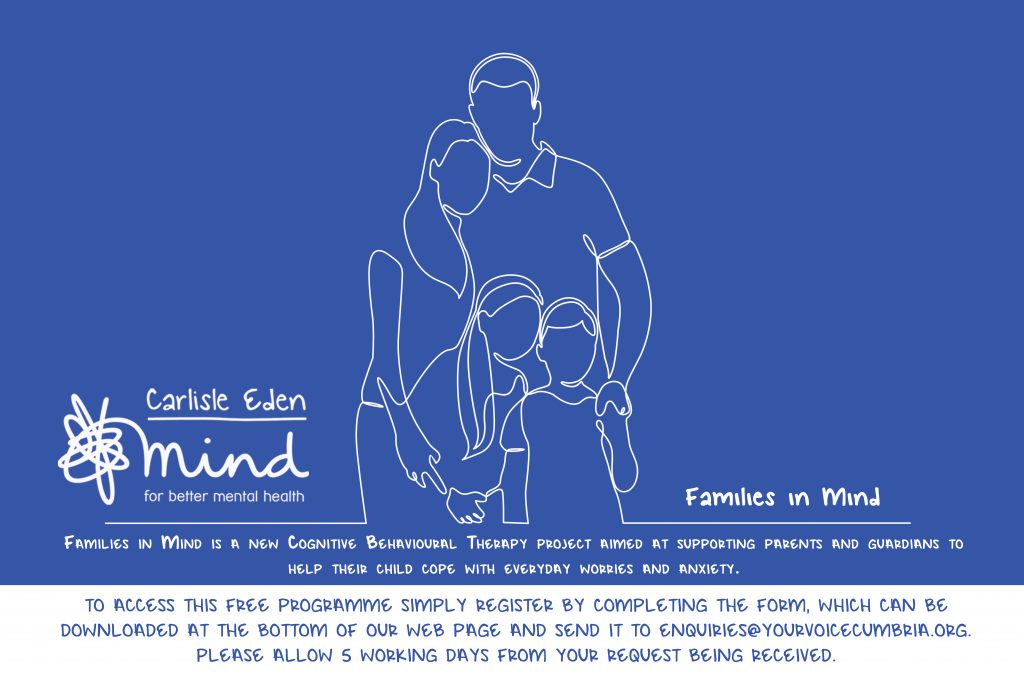
Like many of us children have experienced a very unsettled time recently and now with conflict and war making the headlines, it can cause them to feel fear, sadness, anger and anxiety wherever they live.
- Find out what they know and how they feel
Start from their starting place, understanding what they know is a good opportunity to check in with the facts of what they are thinking. Children pick up information from news, friends, school, and social media.
- Offer reassurance and validate their feelings
Their thoughts may seem extreme, but it is important not to just dismiss them with e.g. “don’t be silly” or “you don’t need to worry about this”. Explore with them where these thoughts are coming from and then you can offer reassurance. Let them know it is understandable to have worries when things feel unsettled and that you are there to talk when they need you.
- Keep it calm and age-appropriate
Children have a right to know what’s going on in the world, but we also must find a balance of appropriate information for their age and understanding, this can be hard with 24hr news on our TV, our car journeys, and conversations with our friends. Children can hear and see a great deal even if we think they are not paying attention. Consider how you keep UpToDate with the news and flow of information. Perhaps do this when they are not around and then share a mini news update with them later around the dinner table.
- Remember positive news and stories too
Find positive stories and give some balance and hope. It’s important for children to know that people are helping each other with acts of courage and kindness. Remind them that many people around the world are working hard to help others and restore peace.
- Take care of yourself too
it can be tough being a parent/guardian and we have feelings and worries too. Children will pick up on your own response to the news, so it helps them to know that you are calm and in control, even when we don’t always feel that way.
If you’re feeling anxious or upset, take time some time for yourself and reach out to other family, friends and trusted people for a chat. How to talk to your children about conflict and war | UNICEF Parenting.
Read more about Anxiety Disorders.
Anxiety is a normal human experience and everyone who is alive experiences some level of anxiety. When anxiety becomes so strong that it gets in the way of daily life. It is estimated that 1 in 8 children (12%) in England is living with a mental health issue including experiencing feelings of anxiety.

Families in Mind is a new project aimed at supporting parents and guardians to help their child cope with everyday worries and anxiety.
Content is based on Cognitive Behavioural Therapy (CBT) an effective way to reduce anxiety symptoms. It shares education, tools and activities to help you as a parent/guardian support your child, delivered in a safe and confidential space.
It is educational but also filled with activities and tools that are practical and geared towards reducing levels of anxiety and sustaining that change.
This service is for parents and guardians of children 4-10yrs (supporting an anxious child) and parents of guardians of children aged 11-18yrs (supporting an anxious teen).
To access this free programme simply register by completing the form, which can be downloaded at the bottom of our web page and send it to enquiries@yourvoicecumbria.org.
Please allow 5 working days from your request being received.
Further information is also available below but if you would like to discuss the programme or have questions about how it might help you to help your child then please contact us via email at enquiries@yourvoicecumbria.org.
Families in Mind – Carlisle Eden Mind (cemind.org)


















